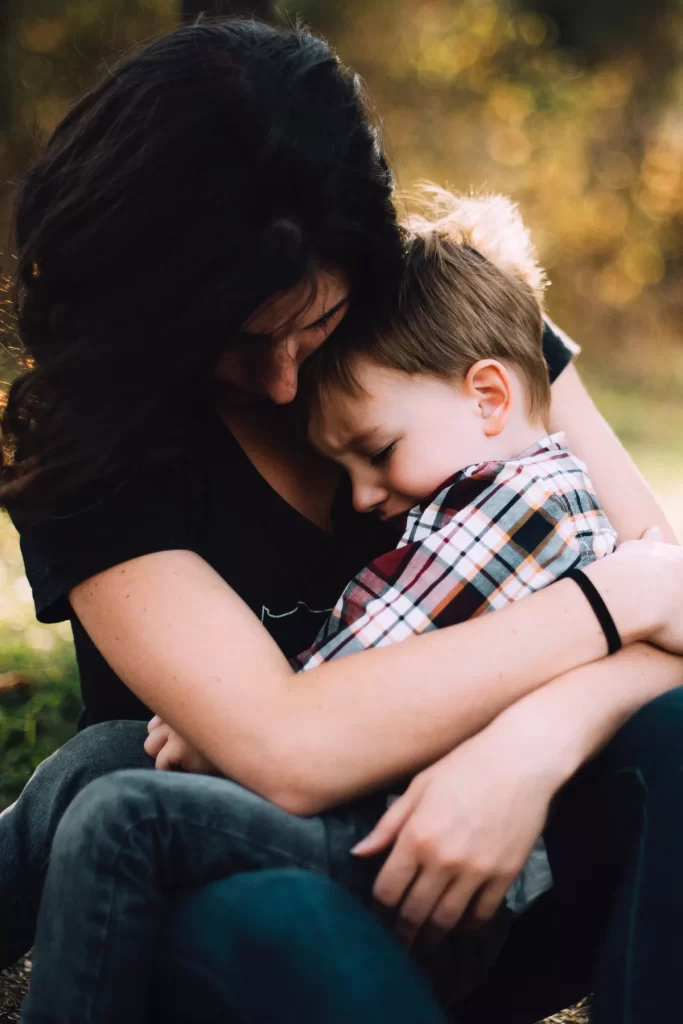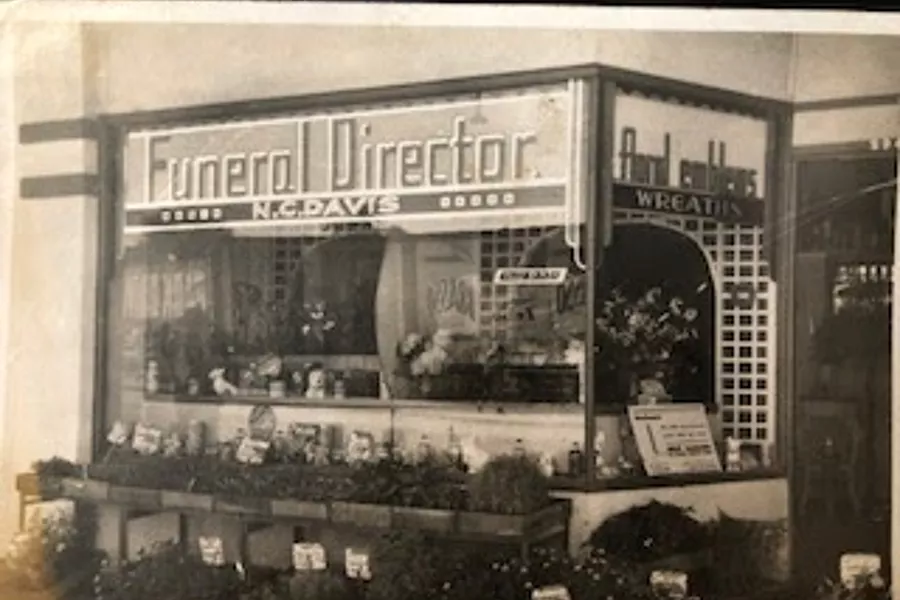
I have some news to tell you
Now what? You know you have to tell your child that a loved one has died but how do you do that? You may not even be sure how to deal with your own grief, let alone help your child get through theirs. How they react to grief will depend on a few different things, such as age, how close they were to the person that’s died, how much support they receive and their personality/usual reaction to emotion and stress. There are some things that you can do to help your child understand and make sense of what’s happening.
Where do I start?
All children will react differently. Reading their cues and noticing how they’re feeling is the best way to start. This may continue for quite some time, even well after the death and funeral but as with adults, support throughout the grief journey will help your child learn how to live with their loss.
Listen – Being listened to and having their thoughts and feelings legitimised allows your child to feel safe and supported, meaning they’re more likely to ask for help if they need it. It is more important to listen than to say the perfect words.
Lelp them put their emotions into words – Your child may not have felt some of these emotions before and not be able to name them. Saying things like “I know you’re feeling very sad. I’m sad, too”. Understand that they may also feel emotions such as fear and anger and that those words are OK to use as well.
Honesty – Let your child know what’s happening in easy to understand language. Avoid using terms such as “gone to sleep”, “passed away”, “We’ve lost ….” These terms can be confusing because young children hear things literally. As hard as it may be, it is important to be clear and honest. Use the words dead and died and explain that this means they can’t come back. Young children are at a stage of ‘magical thinking’ where they believe that somebody could come alive again. Without a clear understanding of death they may also think that the person may still feel things and be cold, lonely or hungry. For your child to be able to process grief, they must understand what death is.
Talk about what to expect in the coming days – It’s comforting for your child to know what is going to be happening at a time that can seem very confusing and unsettling. From things such as time away from school or somebody different picking them up to the funeral and what’s going to happen there. It’s helpful for them to know when things will be back to ‘normal’. For instance, “Aunty is going to pick you up from school this week but next week I’ll be picking you up as usual”.
Have a conversation about funerals – It’s a common question “When is my child old enough to attend a funeral?” and there’s no easy answer. Young children don’t tend to be scared of dead bodies the way some adults are. By giving your child as much information as possible about the day, you can help them decide (if they’re old enough) if they would like to attend. It also serves as a great way to prepare them for what they will see, hear and do at the funeral. What’s important to remember is that keeping your child away from the funeral means they’re missing a very important step on the grief journey .Things you might like to talk about are: Who will be there. What is going to happen. Where will the service be. When will it be. Why are we doing it and How will people be reacting. Explaining that you and other people might be sad and crying shows your child that this is normal and if they want to cry too it’s OK. It’s also a good idea to let them know that after the service the person will be buried or cremated and what that means.
Give them a roll – If your child takes part in the funeral in some way, it helps them to feel a part of it and therefore to acknowledge their feelings and feel that others are acknowledging their feelings too. They could light a candle, write or read a poem, choose a song to play or choose a photo to be displayed next to the casket.
Help them make memories – In the days and weeks after the funeral, it’s a good idea to keep talking to your child about their feelings and help them to create memories of the person. They could draw pictures, write about the person, how they looked, how they smelled, the things they used to like doing together, look at photos or videos, they could even write the person a letter or keep a journal. For more ideas and resources go to Kenzie’s Gift
Give them time – There’s no prescribed time for anyone to feel better after the death of a loved one. It could be weeks or even months later and your child may begin talking or asking questions about the person or about death in general. This is just them processing their feelings and emotions and learning how to live with their grief. It’s very healthy behaviour so continue to support and encourage them.
Having a safe and healthy first experience of death can set your child on the right path for dealing with future grief and loss.



